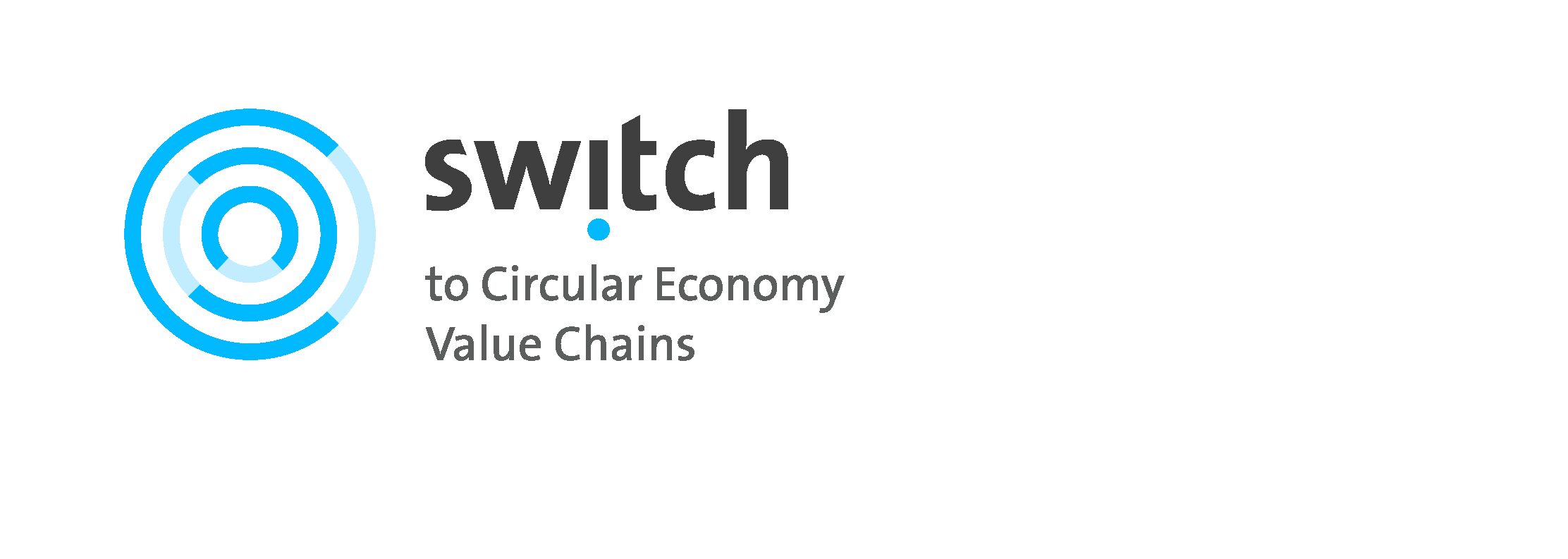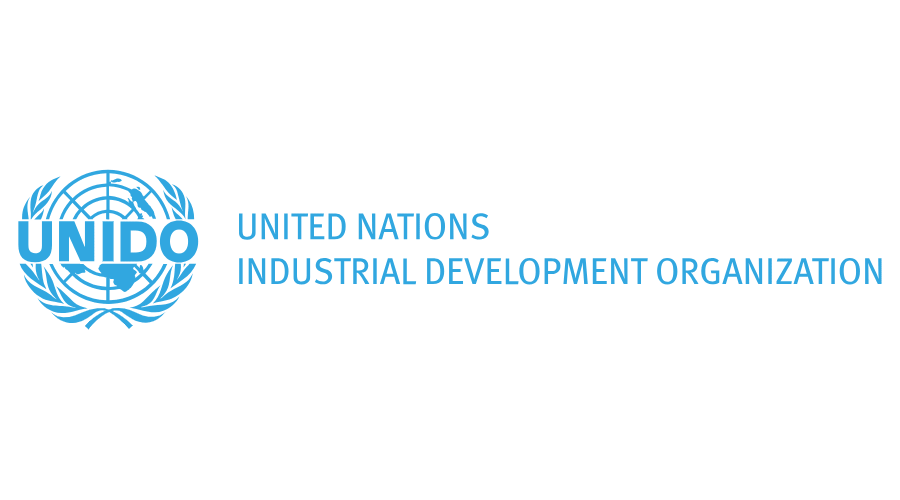Switch to Circular Economy: BESTSELLER Pilot
The BESTSELLER – Switch to Upstream Circularity Pilot is part of the SWITCH to Circular Economy Value Chains (SWITCH2CE) initiative, led by UNIDO, spanning plastics, electronics, and textiles. The BESTSELLER pilot, supported by Global Fashion Agenda, BGMEA, and Reverse Resources, works on scaling up traceable textile recycling with suppliers in Bangladesh, capturing and valorising high volumes of post-industrial textile waste.

ABOUT THE initiative
SWITCH to Circular Economy Value Chains (SWITCH2CE) is an initiative that assists EU multinational companies and their suppliers from developing countries to switch to more circular economy approaches and practices in three selected value chains: Plastic Packaging, Textile & Garments, and ICT and Electronics.
The objective of SWITCH2CE to Circular Economy Value Chain Project is to support the “Transformation towards a circular economy”, including to contribute to sustainable growth, low carbon and climate resilient development, decent jobs creation, and safer, healthier, and pollution-free environment.
The project started in January 2023 and is set to be active for 3 years.
SUPPORTED by
SWITCH2CE is co-funded by the European Union and the Government of Finland, and implemented by UNIDO, in collaboration with Chatham House, Circle Economy, and the European Investment Bank.
UNIDO’s SWITCH2CE is part of GFA’s Circular Fashion Partnership programme, under which BESTSELLER with support of GFA, BGMEA and Reverse Resources is the lead applicant on the BESTSELLER – Switch to Upstream Circularity Pilot.
BESTSELLER – SWITCH TO UPSTREAM CIRCULARITY PILOT
With the backing of SWITCH2CE, BESTSELLER is spearheading the expansion of traceable textile recycling alongside suppliers in Bangladesh. Our focus is on capturing and repurposing significant quantities of post-industrial textile waste, offering manufacturers sustainable circular business alternatives. By decreasing reliance on virgin materials and enhancing the accessibility of recycled resources, we aim to foster a lasting, scalable, and equitable shift towards a circular textile ecosystem not only in Bangladesh but also on a global scale.
Bangladesh has yet to take advantage of its access to huge volumes of recyclable waste and production capabilities and accordingly invest in supporting infrastructure to develop a thriving textile recycling industry.
According to estimations from the Circular Fashion Partnership project, Bangladesh could reduce its annual virgin cotton imports by 15% and save over $500 million (or $0.5 billion), if it recycles just its 100% cotton waste domestically.This pilot has the following objectives:
- To research scaled (domestic) diversity of recycling solutions.
- To develop a viable textile recycling business case in collaboration with selected manufacturers To achieve industry-wide acknowledgement of circular system opportunities for and with manufacturers through its cross-sectoral collaborations.
The long-term outcomes of the pilot include contributing to the increase of recycling capacities of Bangladesh.
Key achievements until March 2025:
- Around 9.1 million kilos of post industrial waste has been segregated correctly by manufacturers (Reverse Resources programme report)
- More than 1.1 million kilos of post industrial textile waste has been traced to textile-to-textile recycling (Reverse Resources programme report)
- More than 40 stakeholders have been directly engaged in the programme
- More than 76,000 pieces of ready-made garments by BESTSELLER suppliers in Bangladesh utilized domestically recycled fibers
The environmental impact includes savings of 7.2 million kilos of CO2, 6.5 billion litres of water, and 6.5 million square metres of land approximately. (CYCLO’s Impact Savings Calculator)
Sign up to the Circular Fashion Partnership Newsletter to stay updated


